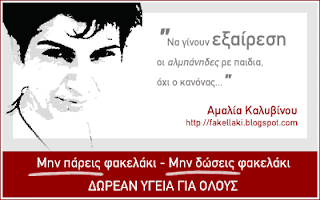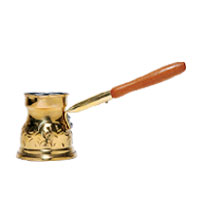15 φοιτητές απο το πανεπιστήμιο Bilgi της Κωνσταντινούπολης δημιούργησαν το πρώτο GLBT club, όπως γράφτηκε στις 29 Μαρτίου απο την Turkish Daily News. Το Bilgi Gökkusagi LGBT Club έκαωε αίτηση και πήρε την αποδοχή για την δημιουργία αυτού του club. Οι συναντήσεις πραγματοποιούνται μια φορά την εβδομάδα και ανοιχτές σε όσους θέλουν να καταπολεμήσουν την ομοφυλοφοβία. Στα σχέδια περιλαμβάνεται η η δημιουργία εντύπου, φόρουμ, ταινίες και ημερίδες με άλλες φοιτητικές οργανώσεις.
Στο link της Turkish daily news
http://www.turkishdailynews.com.tr/article.php?enewsid=69244
θα διαβάσετε το ακόλουθο άρθρο
Turkey’s first gay and lesbians students club established at Bilgi University
Thursday, March 29, 2007
ήAFAK TέMUR
ISTANBUL
“In order to block homophobia and liberalize lesbians, gays, bisexuals and transgenders (LGBT) by setting a wider area for them within campus borders,” around 15 students came together and founded Bilgi Gφkkuώaπύ Lesbian, Gay, Bisexual and Transgender students club in Istanbul's Bilgi University a couple of weeks ago. They Applied to the university administration officially and were approved. Still giving interviews to mainstream media, the Bilgi Gφkkuώaπύ LGBT Club, Turkey's first official students club on LGBTs, prefers to take a formal identity rather than moving unofficially, aiming to make LGBTs more visible.
“Friends found [other] friends. … We asked ourselves: why don't we found a club?” Bilgi Gφkkuώaπύ volunteer έzlem Aybastύ said. “There were people conscious of organized struggle.”
Aybastύ who is also among the founders of the club was highly satisfied with the attitude of the university administration towards the club. They were proud of the club volunteers when Bilgi Gφkkuώaπύ was on a mainstream daily last week, she said. The university administration is liberal and democratic, according to Aybastύ. They provide space for any thought.
Bilgi Gφkuώaπύ is a work of five months, but it is functioning as an official students club for three weeks. The club is open to anyone who wants to get rid of his or her homophobia. They organize regular meetings per week. The meetings are now just to meet with more students, but in the future they were planned to be a platform for discussion.
Questioning gender roles, for any gender:
Aybastύ consciously avoided using the word “homosexual,” saying that the concept was used in the 19th century to imply a disease that needed treatment. She proposed the abbreviation LGBT, which consists of the first letters of lesbian, gay, bisexual and transgender, as she was diving into a deep conversation about the gender roles and the dominant character of heterosexism in the world. “We are living in a world that you are accepted as a heterosexual unless you open yourself up,” she noted.
Discussing heterosexism, homophobia, and gender roles as critical for both LGBTs and heterosexuals, Aybastύ said, “We want to drive people to question … drive both LGBTs and heterosexuals.” Homophobia is not only the problem of heterosexuals she added.
It is not right to expect LGBTs to go beyond their homophobias as they live in this heterosexist world too, Aybastύ said. “They struggle with fear and shame as they realized that they are not heterosexual, they think that they are not normal or this is a disease,” she said. That's why Bilgi Gφkkuώaπύ plans to collaborate with the Psychological Consultant Unit of the university to support LGBTs.
Among the other plans of Bilgi Gφkkuώaπύ there is a fanzine, and they are planning to prepare it in the university canteen, to draw more attention. Panels, screening films and joint workshops with other clubs are other plans of Bilgi Gφkkuώaπύ for the future. There will also be posters to show people something about LGBTs that they have never seen before.
Aybastύ does not think that Turkey is a more difficult country for LGBTs. The struggle started later than the European countries, she said, so they have more acquired rights. “Heterosexism is dominant everywhere,” she commented.







